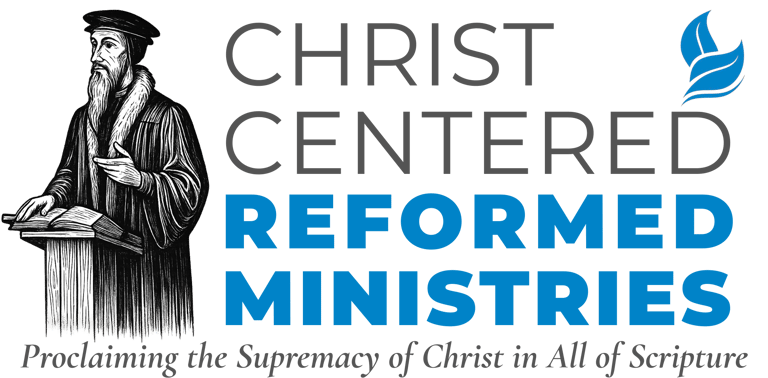Modernized Version of Richard Sibbes’ The Bruised Reed, Chapter I
Justin Hoke
9/26/20253 min read


Chapter I: What the Reed Is, and What the Bruising Means
“A bruised reed He will not break, and smoking flax He will not quench, till He sends forth justice to victory.” — Matthew 12:20 (NKJV)
The prophet Isaiah was carried along by the Spirit and saw far ahead, past his own time, to the coming of Christ. Through the eyes of prophecy and faith, Christ appeared so clearly that Isaiah spoke of Him as already present. He says, “Behold! My Servant whom I uphold, My Elect One in whom My soul delights” (Isaiah 42:1). Matthew quotes this as fulfilled in Jesus (Matthew 12:18). These words show two main truths:
1. Christ’s Calling
God calls Jesus His righteous servant. He was chosen and honored by God for the greatest task ever—the salvation of sinners. Christ did and suffered everything by His Father's command. This shows us the deep love of God, who saw our redemption through Christ as His most important work. He sent His only beloved Son to do it. That’s why the word “Behold!” is used—to stir up our attention and admiration.
When we are tempted and our hearts are troubled, we tend to focus on our pain and forget where help is found. So we must lift our eyes to Christ. He is the true bronze serpent, the true Lamb of God who takes away the sins of the world (John 1:29, NKJV). Looking to Him gives great comfort—especially when we see not only Him, but also the Father's love in sending Him. All that Christ did as Mediator was God working through Him to reconcile the world to Himself (2 Corinthians 5:19).
What a strong foundation this gives our faith! The very One we sinned against—God the Father—is fully pleased with Christ’s redeeming work. And because His love rests on Christ, it also rests on all who are in Christ. God loves Christ as the Head, and He loves us as Christ’s body—with the same love. So let us embrace Christ, and in Him, the love of God. Let us place our faith securely in such a Savior, sent with such authority.
We also see the agreement of all three Persons of the Trinity. The Father sent Christ. The Spirit empowered Him. Christ carried out the work. Our redemption stands on this united plan.
2. Christ’s Manner of Working
Christ did not come like an earthly prince, with noise and pomp. “His voice shall not be heard in the streets.” Yes, He spoke—but with what kind of voice? “Come to Me, all you who labor and are heavy laden, and I will give you rest” (Matthew 11:28). “Ho! Everyone who thirsts, come to the waters” (Isaiah 55:1). His coming was not only humble, but also gentle.
This is shown in the words: “A bruised reed He will not break, and smoking flax He will not quench.” We learn three things from this:
(1) The condition of the people He deals with
They are called bruised reeds and smoking flax. Not strong trees, but weak reeds. Not burning lamps, but flickering wicks. The church is often pictured this way in Scripture: like a dove among birds, a vine among trees, sheep among beasts, or a woman—the weaker vessel. God’s children are here shown as bruised reeds and smoking flax.
People are bruised reeds both before and after conversion. Before conversion, God often empties a person of self-confidence before using them. These are the ones God humbles, each in different ways—according to their background, personality, and the work He plans for them.
A bruised reed is someone who suffers, like many who came to Christ for healing. But more than outward trouble, they come to see that sin is the true cause. Sin may offer comfort, but it always leads to bruising. The bruised reed feels the weight of sin and misery and sees no hope in themselves. They begin to look to another for help—with a little hope that turns their heart toward Christ, though they don’t yet feel sure of mercy.
But even that small hope is often attacked by doubts and fears from their sinful nature. This is what makes them like smoking flax—a dim, smoky flame. Together, bruised reeds and smoking flax describe someone poor in spirit (Matthew 5:3): aware of their guilt, helpless in themselves, and longing for mercy. Encouraged by God’s promises and the examples of those who received mercy, they hunger and thirst for grace.
